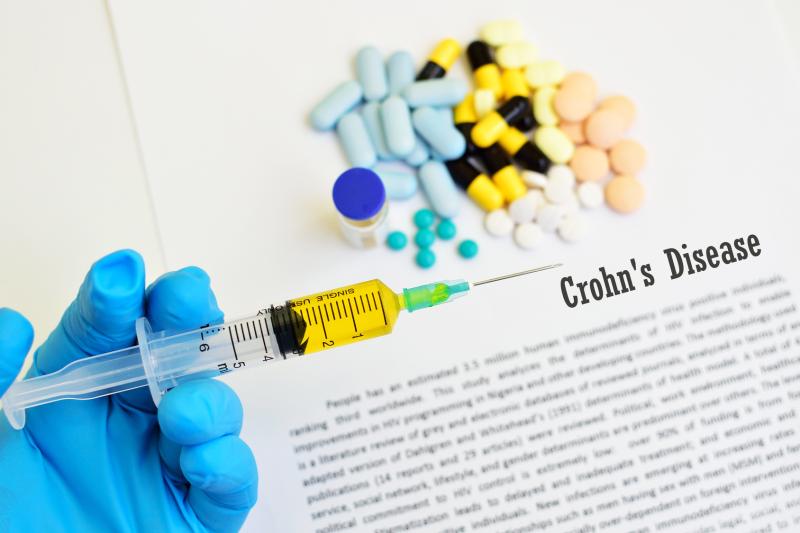
Discontinuation of antitumour necrosis factor (anti-TNF) therapy for perianal Crohn’s disease is highly likely to lead to relapse, with some patients even requiring defunctioning surgery, according to a study conducted across Asia.
The study population comprised 78 perianal CD patients from Hong Kong, Shanghai, Taiwan, Malaysia, Thailand and Singapore. All patients were treated with anti-TNF therapy with subsequent discontinuation.
A total of 44 patients (56.4 percent) relapsed after a median follow-up of 89 months. Relapse was defined as increased fistula drainage or recurrence of previously healed fistula after discontinuing anti-TNF therapy.
Cumulative probabilities of perianal CD relapse were 50.8 percent at 12 months, 72.6 percent at 36 months and 78.0 percent at 60 months. In multivariable Cox regression models, younger age at diagnosis of CD was associated with a 4-percent increased likelihood of developing perianal CD relapse (adjusted hazard ratio [HR], 1.04, 95 percent confidence interval [CI], 1.01–1.09; p=0.04).
Retreatment with anti-TNF induced remission in 24 of 29 patients (82.8 percent) with perianal CD relapse. Twelve patients (27.3 percent) needed defunctioning surgery, while one (2.3 percent) required proctectomy. Thiopurine maintenance had no beneficial effect on the risk of relapse (HR, 1.10, 95 percent CI, 0.58–2.12; p=0.77).
Five of the 17 patients (35.3 percent) who achieved radiological remission developed relapse after stopping anti-TNF therapy after a median of 6 months.
The findings highlight the importance of radiological assessment of perianal CD before stopping anti-TNF therapy, and that long-term biological therapy is most likely needed, according to researchers.